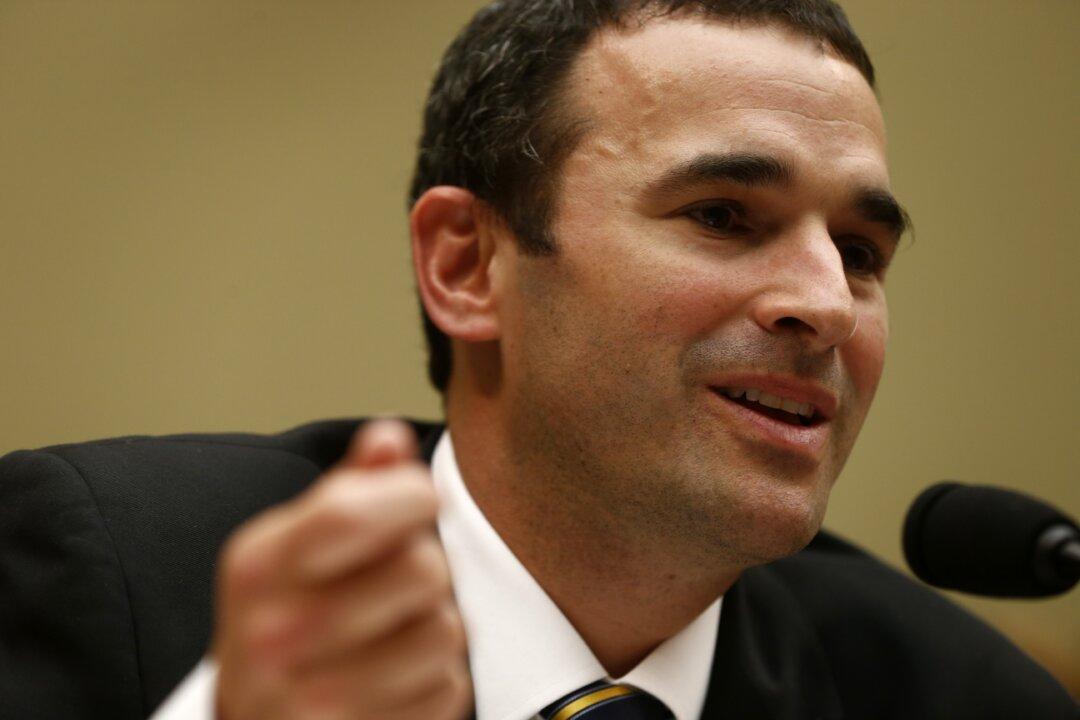President Joe Biden on Nov. 10 announced his intent to nominate former acting Internal Revenue Service (IRS) Commissioner under the Obama administration, Danny Werfel, to be its new head.
Biden announced Werfel’s appointment in a statement from the White House which said that Werfel is a “public and private sector leader who has served under both Democratic and Republican administrations.”




